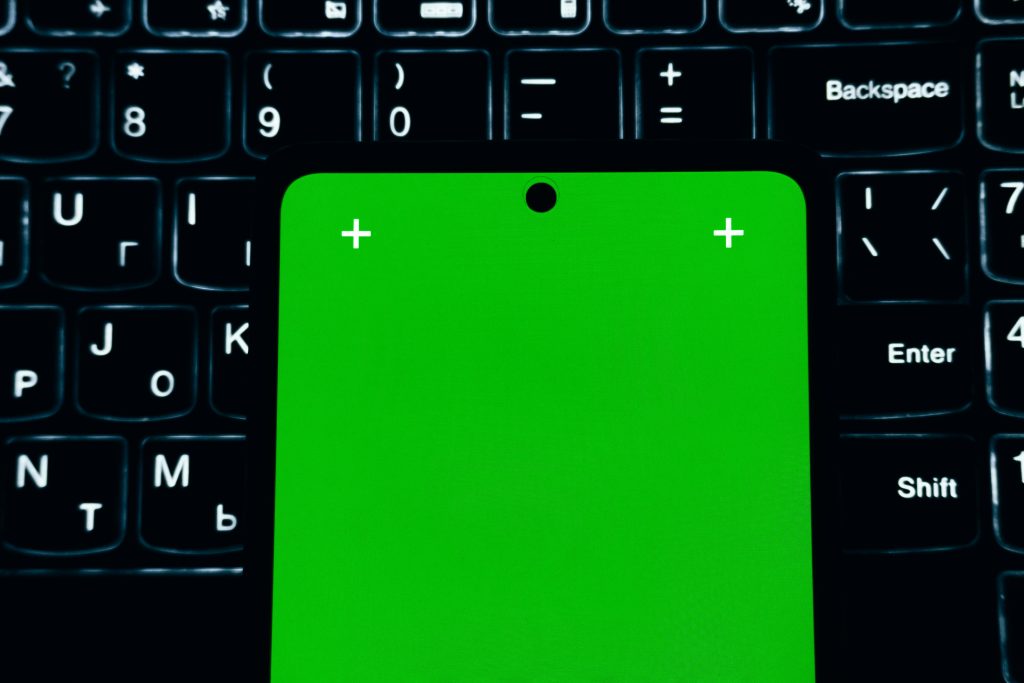Understanding Unexpected Folder Appearances on External Drives: A Guide for Users
If you’ve recently discovered unfamiliar folders appearing on your external storage device, you’re not alone. Many users encounter unexpected directories, which can raise concerns about potential security threats or system issues. This article aims to help you analyze and understand such occurrences, providing clarity and guidance on what these folders might be and how to proceed.
Identifying Unknown Folders and Files
Recently, some users have reported seeing folders with seemingly random alphanumeric names alongside system-related directories like “System,” “System64,” and “Mono.” For example, folders named with strings such as:
- 922dbb13a011275393ff17
- 9889c3d50770e32d10
- d6721a9649dc19967bc0b796f5bf69
- and others
created on a specific date (e.g., August 13, 2025) and containing files like CAB archives (e.g., “x64-Windows10.0-KB4486129-x64.cab”) suggest a pattern worth analyzing.
Understanding the Contents and Structure
- Folder Names: Random-looking strings often imply autogenerated or hashed identifiers, common in software development or installation logs.
- System Folders: “System” and “System64” contain DLL files such as api-ms-win-crt-…dll, indicating system or runtime library components.
- Mono Folder: Contains subfolders like “bin,” “etc,” “include,” “lib,” and “share,” typically associated with the Mono project—an open-source implementation of the Microsoft .NET Framework. These directories often hold executables, configuration files, headers, libraries, and shared resources.
Potential Origins and Purposes
Such a collection of folders and files could originate from several sources:
- Software Updates or Installers: Automated updates, especially for development environments or runtime frameworks, may extract files to external drives.
- Development or Debugging Tools: Developers testing software may inadvertently leave behind components or logs.
- Malware or Unauthorized Software: Unrecognized files, especially with random folder names and system files, raise questions about security. However, the présence of legitimate folders like Mono suggests a benign origin—possibly related to legitimate software.
Safety and Next Steps
If you did not intentionally install or run software that uses Mono or similar frameworks, and you notice unexpected files:
- **Run a Full
Share this content:



